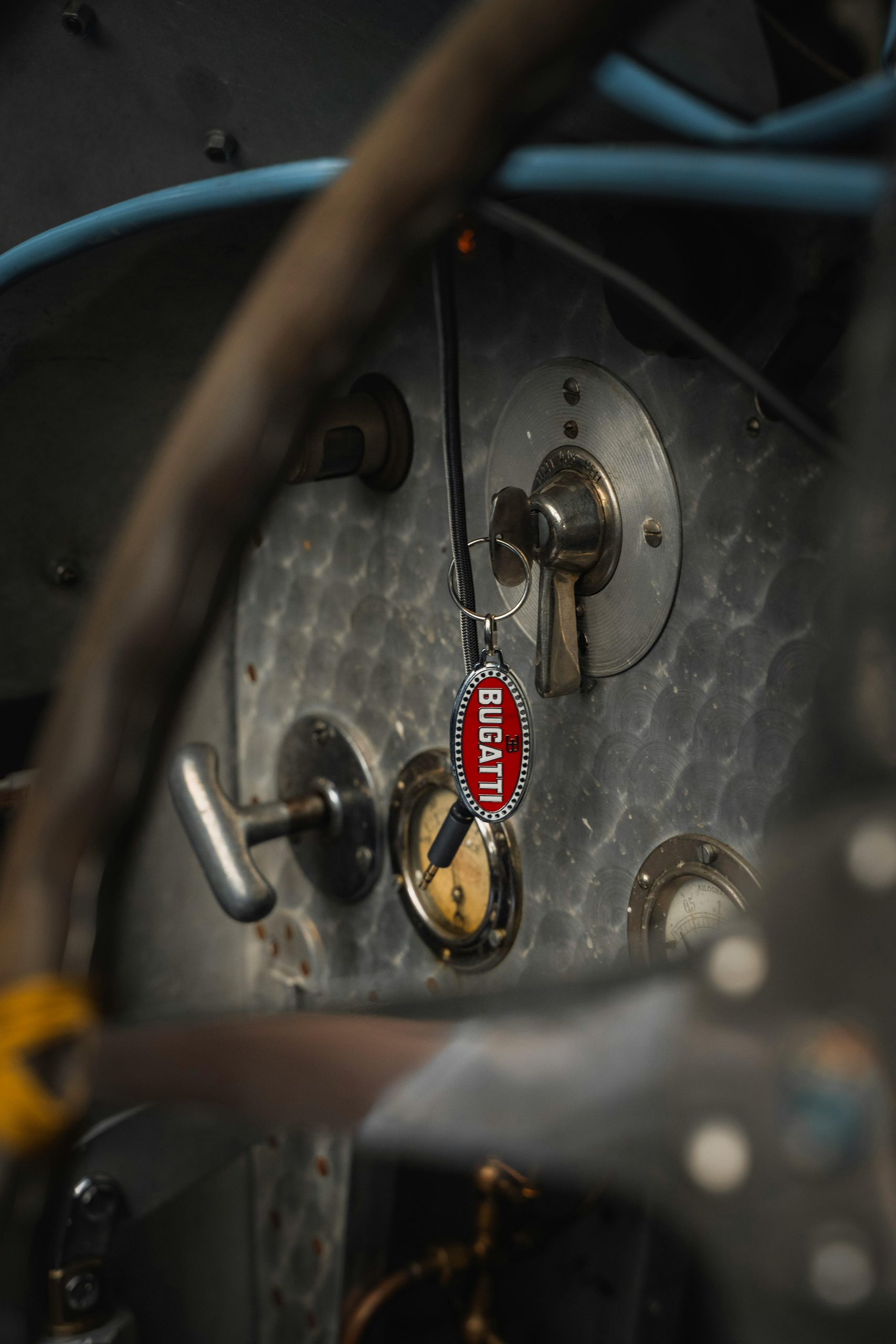Several factors can interfere with the natural healing process of skin wounds. Firstly, infection is a common barrier; when bacteria or other pathogens enter a wound, they can cause inflammation and tissue damage, which impedes healing. Poor blood circulation is another significant factor. Blood delivers oxygen and essential nutrients to the wound site, so conditions like peripheral artery disease or diabetes, which impair circulation, can delay healing.
Another influence is the condition of the immune system. A compromised immune response, whether due to illness, medications like steroids, or underlying diseases like HIV, can slow healing. Additionally, some people suffer from chronic wounds due to underlying medical conditions, such as venous insufficiency or pressure ulcers resulting from prolonged immobility.
Lifestyle and environmental factors also play a role. Smoking can restrict blood flow and reduce the body’s oxygen levels, both of which are crucial for tissue repair. Nutritional deficiencies, particularly of proteins, vitamins C and D, and zinc, can also impair wound healing.
Age is another factor, as older individuals tend to heal more slowly due to physiological changes and the potential presence of multiple chronic diseases. Similarly, repeated trauma to the wound site or pressure can further hinder the healing process.
To promote better healing, it’s essential to address these underlying issues through appropriate medical intervention, nutritional support, and maintaining good wound care practices, including keeping the wound clean and properly dressed.



